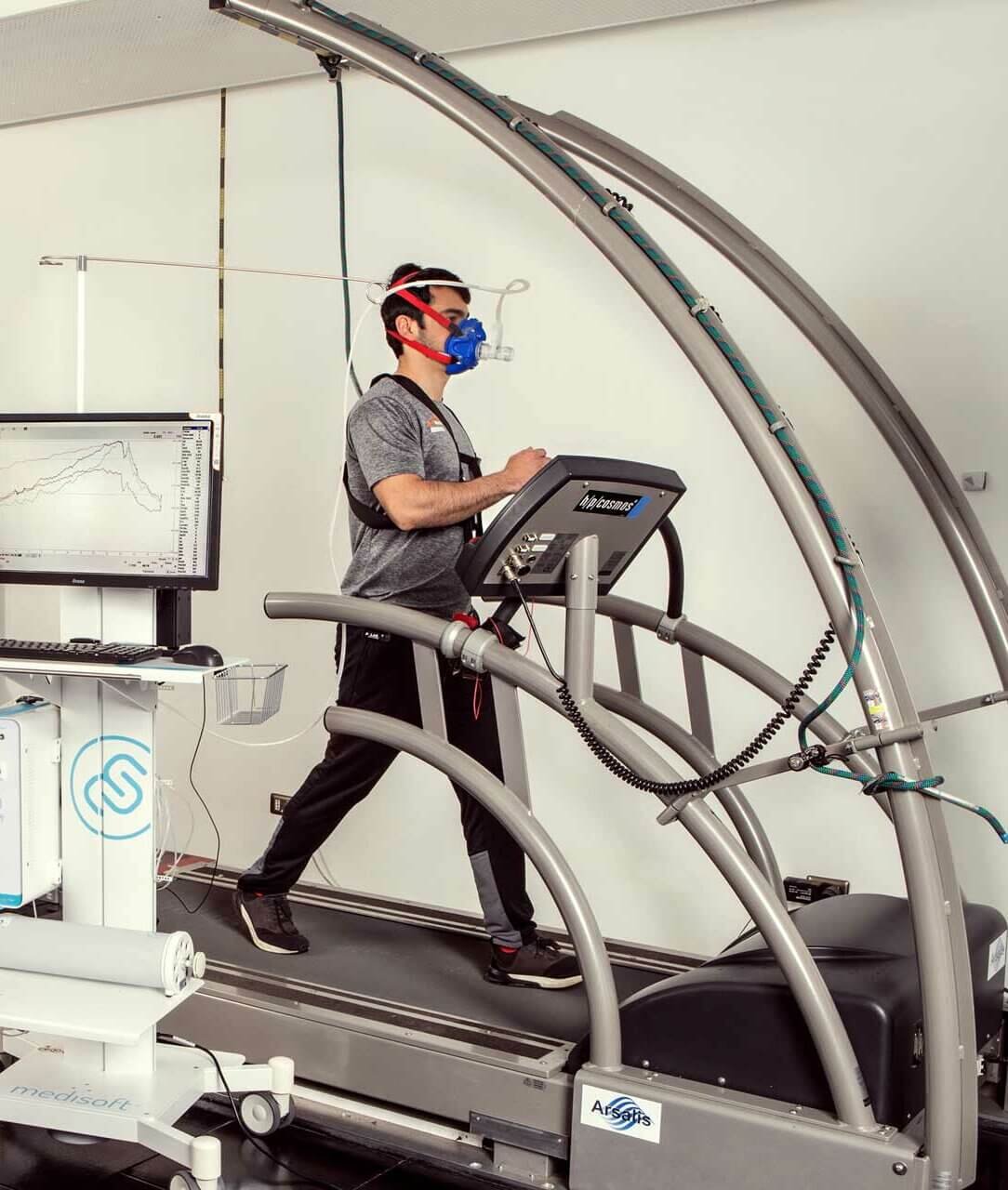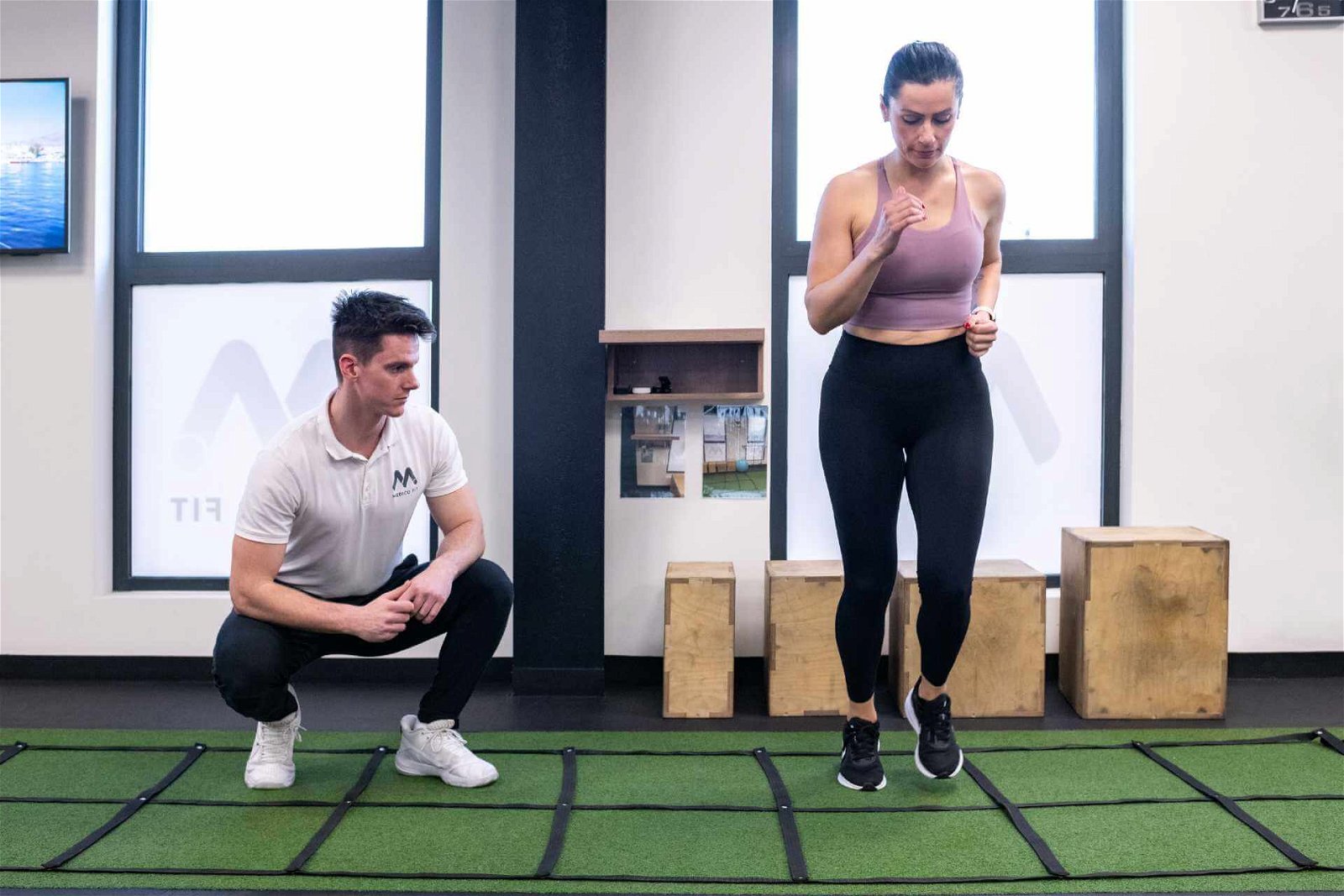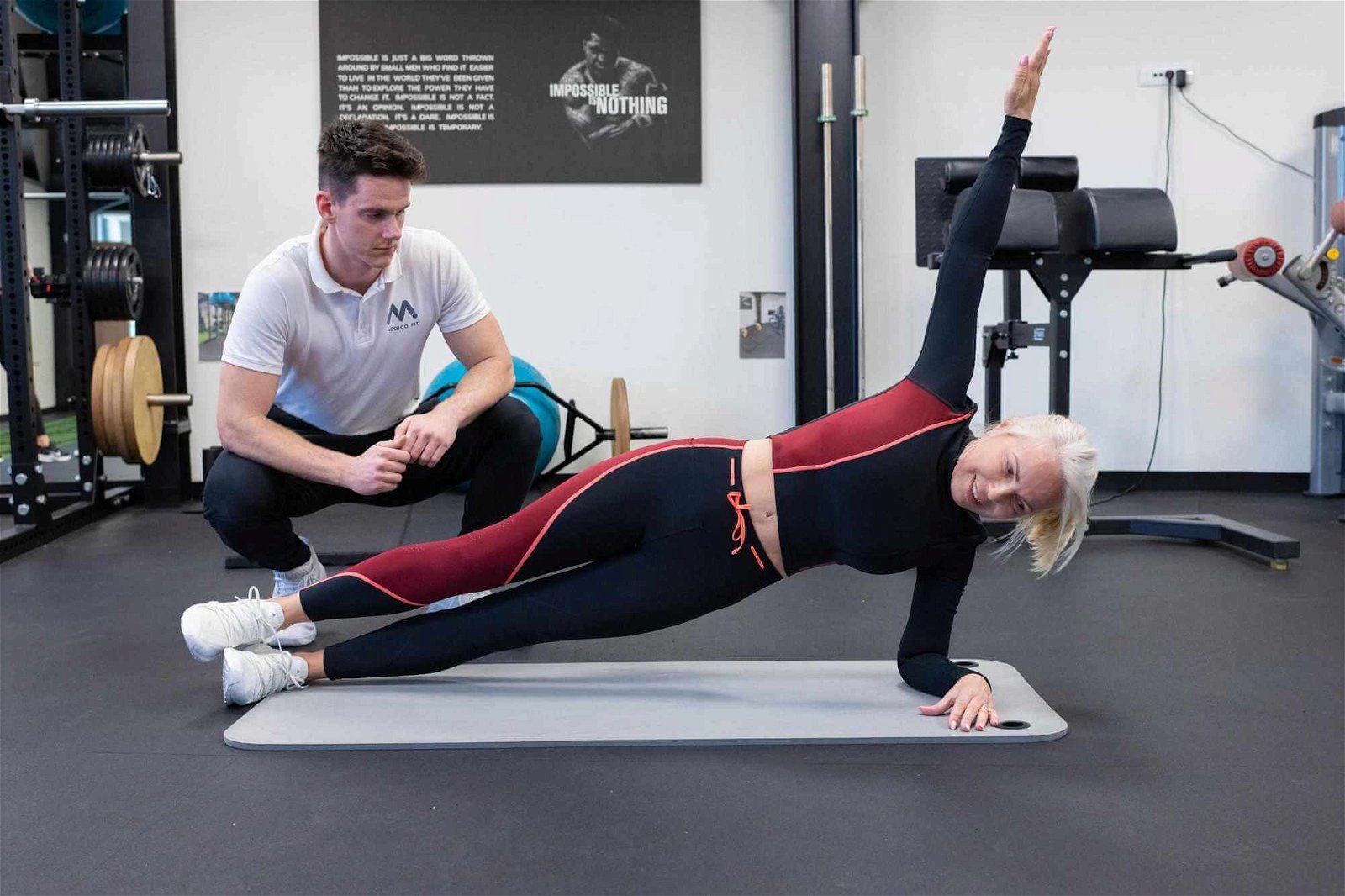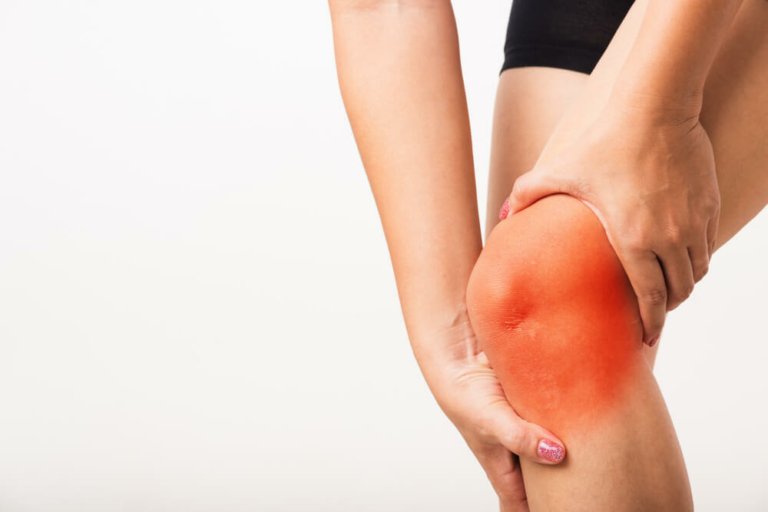Post-COVID-19 syndrome or “long COVID” can also appear in patients that recovered from the infection with milder symptoms and had a generally easier course of infection. Symptoms of coronavirus are divided into acute and chronic, which last for a long time after the infection.
Symptoms of “long COVID” can persist for up to 12 months. The acute phase of infection with a coronavirus lasts for 4 weeks, but long COVID can cause several associated neurological, hormonal, respiratory and cardiovascular complications. Chronic issues that are a consequence of the coronavirus infection are called post-COVID-19 syndrome.
Aerobic function and muscular endurance in patients with post-COVID-19 syndrome often drop to a critically low level that poses a risk for musculoskeletal injuries; the body is overburdened relatively fast.
Risk factors for post-COVID-19 syndrome are difficult to determine; in general, it appears more often among women, among those who suffered a more severe course of acute symptoms, and in the age group of 34 to 48 years. The occurrence rate of post-COVID-19 syndrome after 12 weeks amounts to 9.9% of all infected people.
Since post-COVID-19 syndrome most often affects the lungs and does not present specific symptoms, but severely affects the individual’s mental health, the first phase of treatment includes easier cyclical aerobic activities with exercises for active stretching and breath control.
Patients with symptoms of long COVID often experience a greater decline in muscle mass and present a greater risk for joint pain, especially around lumbar and cervical spine. It is important that the progression of strength exercises is gradual. We use a heart rate monitor for control; at the beginning, we plan it carefully until we gradually reach maximum heart rate.
Exercise rehabilitation is key to establishing adequate cardiovascular function and completely rehabilitating the patient, which enables them to return to sports activities and a normal rhythm of life.
We must also be aware of the fact that post-COVID-19 syndrome can cause inflammatory heart diseases among patients who did not suffer a more severe course of disease in the acute phase of illness. Pneumonia and heart failure are complications in at least 10% of patients who recover from coronavirus; this group bears a high risk for long-term decline in the psychophysical function of the patient. Acute physiotherapy and kinesiology play a role in the gradual acquisition of the body’s normal response to physical exertion and building of preventive strength or resistance of the body.















